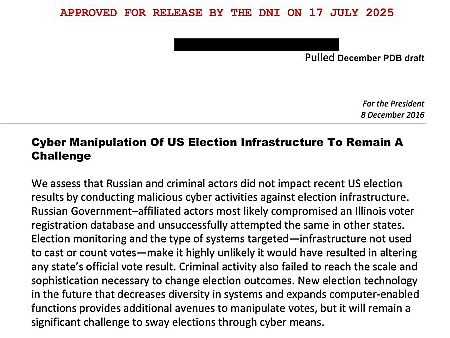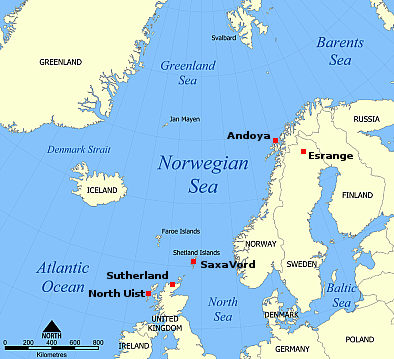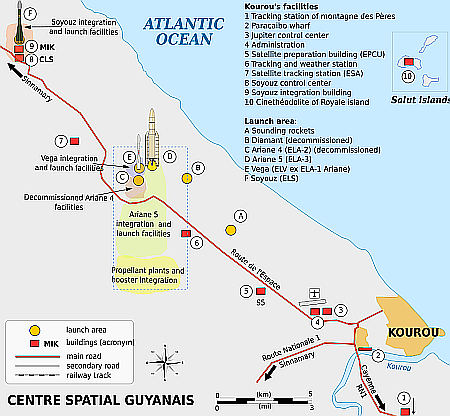Trump administration moving to reduce rocket launch environmental regulations

According to a draft executive order that has not yet been released, the Trump administration is planning a major revision of the FAA’s environmental and launch regulations that has badly impacted rocket companies, with the goal of streamlining licensing.
The order would give Trump even more direct control over the space industry’s chief regulator by turning the civil servant position leading the FAA’s Office of Commercial Space Transportation into a political appointment. The last head of the office and two other top officials recently took voluntary separation offers.
The order would also create a new adviser to the transportation secretary to shepherd in deregulation of the space industry.
…The draft order also seeks to restrict the authority of state coastal officials who have challenged commercial launch companies like SpaceX, documents show. It could lead to federal officials interfering with state efforts to enforce their environmental rules when they conflict with the construction or operation of spaceports.
The order would also have the secretary of transportation ‘reevaluate, amend, or rescind’ sections of Part 450, the FAA licensing regulations that it imposed during the Biden administration that was supposed to streamline licensing but ended up adding considerable new red tape which contributed significantly to squelching the new launch industry that had popped up during the first Trump term.
As is usual for the propaganda press, the article at the link implies that these changes would result in horrible environmental consequences as well as increased safety risks to the public. What it does not note is that these changes appear to simply return the regulatory framework back to what existed prior to the Biden administration, a framework that had existed for more than a half century previously. The environment and public safety did just fine under those more freedom-oriented rules. I am sure both will do just fine again.
This order might also help explain Trump’s decision to withdraw Jared Isaacman as NASA administrator and appoint Transportation Secretary Sean Duffy as interim NASA administrator. The order puts much of this work on his head, and having him in charge of NASA will likely aid that work.

According to a draft executive order that has not yet been released, the Trump administration is planning a major revision of the FAA’s environmental and launch regulations that has badly impacted rocket companies, with the goal of streamlining licensing.
The order would give Trump even more direct control over the space industry’s chief regulator by turning the civil servant position leading the FAA’s Office of Commercial Space Transportation into a political appointment. The last head of the office and two other top officials recently took voluntary separation offers.
The order would also create a new adviser to the transportation secretary to shepherd in deregulation of the space industry.
…The draft order also seeks to restrict the authority of state coastal officials who have challenged commercial launch companies like SpaceX, documents show. It could lead to federal officials interfering with state efforts to enforce their environmental rules when they conflict with the construction or operation of spaceports.
The order would also have the secretary of transportation ‘reevaluate, amend, or rescind’ sections of Part 450, the FAA licensing regulations that it imposed during the Biden administration that was supposed to streamline licensing but ended up adding considerable new red tape which contributed significantly to squelching the new launch industry that had popped up during the first Trump term.
As is usual for the propaganda press, the article at the link implies that these changes would result in horrible environmental consequences as well as increased safety risks to the public. What it does not note is that these changes appear to simply return the regulatory framework back to what existed prior to the Biden administration, a framework that had existed for more than a half century previously. The environment and public safety did just fine under those more freedom-oriented rules. I am sure both will do just fine again.
This order might also help explain Trump’s decision to withdraw Jared Isaacman as NASA administrator and appoint Transportation Secretary Sean Duffy as interim NASA administrator. The order puts much of this work on his head, and having him in charge of NASA will likely aid that work.




















